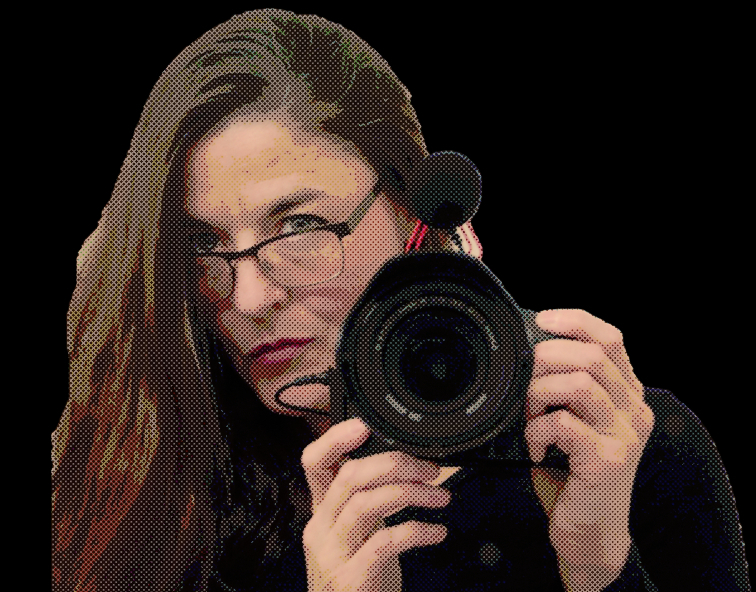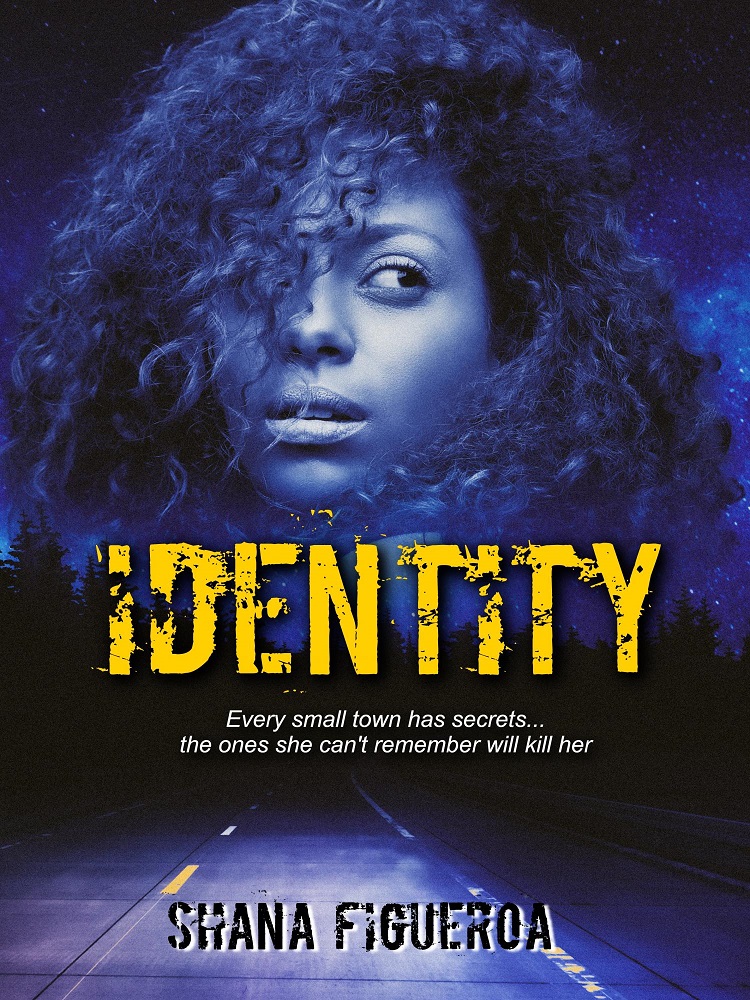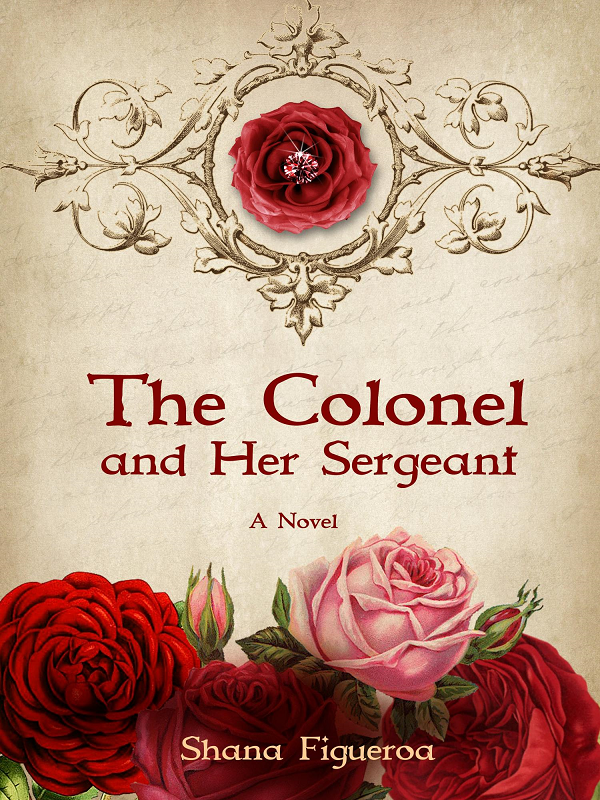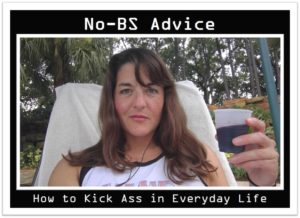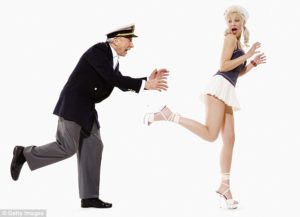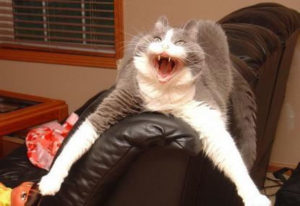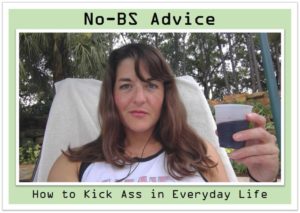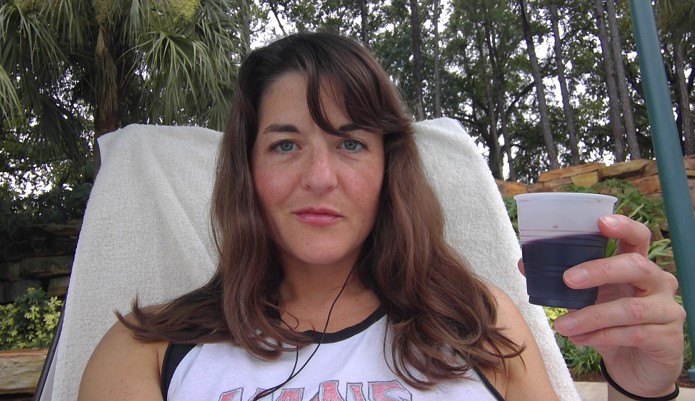Who am I?
Staring into the bathroom mirror of her hospital room, she saw a brown face. Hazel eyes with rims of green around the pupils. Dark blond hair in tight curls from the tip of each strand up to four inches in, then black up to the roots—the natural color. Right side of her head shaved where doctors had put in a plate nearly six months ago and occasionally shaved again to access it, move it around, suck out unwanted fluid, and reset it so the skull bone would grow into it and keep it there permanently. The hair that grew there now was one inch long and scraggly like badly cut grass. A pink scar descended from that patch, cutting down her temple like a bolt of lightning, across her cheek, and ending with a strike at her jawbone. On the other side of her face, another shorter scar split her top lip—nice full lips. She might’ve been considered beautiful once, with proper hair and makeup, before the accident. Maybe people told her she could’ve been a model or an actress.
Perhaps. She wouldn’t know.
There was a soft knock on the door. “April? You okay in there? Need help?”
Her sister, Barbara—or Babs, as she insisted April call her. Did April have a nickname too? Not really, Babs had said. She had a pen name, though—A. J. Harlow, a pseudonym she used as a mystery writer—but no one who knew her personally called her that. It was just April.
April Janine Harlow, former high-powered defense lawyer, now bestselling mystery author, always the loving sister to the fabulous Babs. She only knew these things because Babs had told her. She also knew, from her own experience, that she liked chocolate pudding, couldn’t stand daytime talk shows, preferred layering cotton sheets to a single scratchy wool blanket for warmth in her hospital bed, and enjoyed watching the light of the rising sun peek through the blinds and turn the white room rose-colored for just two minutes a day.
Beyond that, she knew nothing. Everything she’d been before the accident—her personality, experiences, hopes, dreams, life as she knew it—was gone. Five months ago, she woke up in a hospital bed after being in a coma for a month and saw Babs’ tear-stained face looking back at her.
That was her very first memory.
“April?” Babs called again from the other side of the bathroom door. “You alright, girl?” She jiggled the handle, testing the strength of the lock. “If you fell and need help, pull the cord on the wall next to the toilet. I think I can kick this bitch in too—”
“I’m fine,” April answered. “I’m just collecting my things. I’ll be out in a minute.”
“…Okay, well don’t overdo it. I’ve got the rest of your stuff packed, so we’re good to go whenever you are.”
April watched her scarred lips twist into a mirthless, silent laugh. This hospital room was literally the only home she’d ever known. She would never be ready to leave, but how she felt about it didn’t matter. It was time to go.
Closing her eyes, she took a deep breath and focused what little strength she had on the task at hand—gathering her meager toiletries and throwing away whatever she didn’t need. She picked up her dental floss, toothpaste, and toothbrush—should she throw all this stuff out? She certainly had all these items in her house already, though they would’ve been sitting unused for six months. Maybe now they were covered in a layer of dust where she’d left them beside her bathroom sink, expecting to return from a short drive to…wherever she’d been going when her car crashed. Would it be like using somebody else’s toothbrush? Probably, at first. But she had to get used to it, become that person again, reclaim her life. She dumped the toiletries in the trash, cradling only five bottles of medications in her arms before unlocking the door and stepping out of the bathroom.
On the other side of the hospital bed, an administrator was handing Babs paperwork to sign, one wall-of-text document after another. She glanced up and smiled at April. “I was worried you’d make me ruin my shoes kicking the door in.”
“Don’t make that kind of sacrifice for me,” April said. “I couldn’t live with the survivor’s guilt.”
With slow, shuffling steps, she walked to the bed and sat in a heap on the edge, dropping her pill bottles on the crumpled linens. She sucked in air like she’d just run a sprint instead of the totally unamazing feat of standing and walking unassisted for ten whole minutes. Initially, the doctors told her she’d never walk again due to nerve damage. After months of grueling physical therapy, she’d proven them wrong. At least that was one thing she could say about herself—she was determined.
“You need to sign these, too,” the administrator said, handing April a pen and clipboard with papers attached. “It’s all typical stuff about aftercare and insurance billing. If you have questions, let me know.”
April skimmed the documents, a lot of legal jargon she didn’t understand. Should she understand it? Babs said April used to be a defense attorney before becoming a full-time writer. What did it mean that she couldn’t reflexively translate the thereins and shalls of legalese in the same way she could read and write English after the accident? She still knew things about the world, mostly facts learned from textbooks—the first president of the United States, the planets in the solar system, how many calories to burn to lose a pound of fat. She still knew how to change the channel on the TV, and operate a microwave, and use the phone, and turn on her personal laptop Babs had brought from home. She hadn’t been able to unlock the laptop, though; the thing used facial recognition software (Babs explained), and it didn’t recognize her new face. And although muscle memory allowed her to type with her eyes closed, it didn’t work for recalling the password. The mind is infinitely complicated, her doctors said. They meant they had no fucking clue why she could remember some things but not others.
She skipped to the line where she was supposed to sign, and wrote her name in slow, loopy letters, with a big-A and a big-H: April Harlow. Her new signature.
As she handed the clipboard back to the administrator, Doctor Krueger walked in, all smiles while a nurse followed behind him pushing an empty wheelchair.
“Big day today!” he said, clapping his hands together. “How’re you feeling?”
“Okay, I guess.” Terrified, actually.
After all the time they’d spent together—nearly her entire life, as she could remember it—he’d become an expert at correctly guessing her true feelings. “It’s alright to be scared. You’ve been through something most people wouldn’t have survived. The key is to tackle each day one at a time—and don’t forget to take your meds. I recommend using a weekly pill organizer. They’re not just for old people.”
She cracked a smile, but it faded quickly. “I already feel like an old lady.”
The nurse flipped the wheelchair’s foot cradles down in preparation for April. Doctor Krueger said, “I’m not going to lie to you. Your journey ahead won’t be easy. But look at it this way…” He held his hands out to her, and she took them. Gently he pulled her to her feet, then guided her to the wheelchair and helped her sit in it without collapsing. “No post-traumatic stress disorder. No paralysis. All your arms and legs still attached. Honestly, you could have survived and been a lot worse than you are now.”
Would she have traded an arm or a leg to get her memories back? Babs said April had a nice life, a comfortable and successful life. Even if there had been some bad memories rolled into it, forgetting them couldn’t have been worth losing everything else too. So yes, she would’ve made the trade, if she’d had a choice.
April felt tears welling in her eyes, her lips starting to tremble. Deep breaths, deep breaths… The brain damage made her an emotional wreck, causing her to cry or rage or generally overreact to any strong emotion. Babs said she didn’t used to be like that. A therapist taught her some mindfulness techniques that were supposed to help. I’m a palm tree in the wind, recognizing my emotions and letting them pass through me…
“All done!” Babs said, shoving the last of the signed papers into the administrator’s hands and practically bouncing to April. “One last thing before we go. I got something for you.” She grabbed a shoebox-sized package off the dresser. “You don’t have to wear this. I just thought it might help you feel a little more comfortable going out into public after all this time.”
Opening the shoebox, Babs pulled out a dark blond, straight-haired wig. The color matched the dyed portion of April’s hair, which must’ve been intentional. “Do you wanna try it on?” She bit her lip and held her breath. Clearly, she really wanted April to wear it. Made sense; April was a scarred-up mess while Babs was always impeccably put-together, as if she expected a television crew to jump out of the bushes and start filming her at any moment. Straightened silky hair, bright trendy clothes, chunky jewelry accents, high heels at all times. Probably the result of living in Los Angeles most of her adult life. Even spending the last six months in rustic Maine couldn’t dampen her LA-girl spirit.
“Sure, I’ll try it on.”
Babs made a little squeak of delight and knelt in front of her sister, flattening the remnants of April’s hair on the left side of her head and smothering it with the wig. She adjusted it back and forth, up and down fractions of an inch at a time until she smiled at some satisfying result. Fishing a makeup compact out of her leopard-print handbag, she held up the tiny mirror for April to take a look.
The wig looked…okay. It was obviously fake, with a straight layered cut ending at her shoulders that was too perfect to be natural, but it was better than her real hair. She still had the clammy skin, sunken eyes, and scars to give away her damage. At least the wig got her one tiny step closer to looking normal. Maybe she’d get fewer stares from strangers when they left the hospital.
“I like it,” April said, touching the hair. It did feel nice, not scratchy or too hot, as if it was a higher-end model. Not that she had any idea what the differences were between good and bad wigs, but Babs would certainly get a good one.
“Yay!” With a bright smile, Babs whispered into April’s ear, “Now let’s get the fuck outta here.”
She stood, towering over April for a moment as she slung her purse over her shoulder. Despite being four years younger, Babs was close to six feet tall without the heels; in them, she was a lofty goddess amongst mere mortal women. She grabbed the rolling suitcase filled with everything she’d packed that April wanted to keep—a couple track suits she’d worn during physical therapy, get-well-soon cards from fans she’d never met and people she couldn’t remember, some books, the Scrabble board game, her useless laptop, and a deck of cards…that was it—and nodded to Doctor Krueger.
“Here we go,” he said, grabbing the handles to her wheelchair and pushing April out of her room.
April gripped the chair handles with all the strength she could muster as the only life she’d ever known slowly receded behind her. The nurses who had been the only people she’d ever known waved goodbye as she passed, wishing her luck. Deep breaths…I’m a palm tree in the wind…
Maine Medical Center was massive. They walked down at least half a dozen corridors and took three elevator rides before finally arriving at the patient pick-up and drop-off area, but the trip was a blink of an eye to April. She’d been outside before, in the hospital’s gardens as part of her therapy, but she’d never been to the main entrance with bustling people and cars and the smell of exhaust in the warm May air. She closed her eyes as this little slice of the real world overwhelmed her for a moment, familiar but so alien and aggressive—palm tree in the wind goddammit…
When she opened her eyes again, she was in front of a bright green SUV—her sister’s car. Babs popped the back hatch and threw April’s suitcase inside while the doctor helped April into the passenger seat.
“Remember what I told you about your medications,” he said, helping her with the seatbelt. “Don’t make me have to treat you for an infection around your skull plate.”
“Does that mean if I do have a problem, you’ll come visit me and fix it?”
“No. If that happens, they’ll fly you to me again. Too much work to be done here. People just won’t stop getting life-threatening brain injuries, no matter how many times I tell them to knock it off.”
She grinned. “Yeah, people are lame like that…” Her smile dropped—palm tree in the wind…ah, shit—and she burst into tears. “I can’t do this!”
“Yes, you can.” He patted her hand. “You can. You’re gonna go home, you’re gonna go on long walks, you’re gonna run again, ride a bike again. You’ll meet people, you’ll make friends, you’ll have adventures. And you’ll write again.”
“What am I going to write?” she wailed. “How can I make up stories when I don’t know anything? I can’t rebuild my entire life. I don’t know how!”
“You didn’t know how the first time, but you figured it out. You’ll figure it out again. Everybody does.” He slid his hand off hers. She reached for him again, but he stepped back. “Goodbye, April, and good luck. Remember you’ve always got your sister, but most of all yourself.”
“Thanks for everything, Doc!” Babs called from the driver’s seat. She waved at him one last time before driving away.
April watched him disappear in the side mirror and cried harder into her hands.
“I’m sorry, sis,” Babs said, patting April’s knee as she maneuvered through traffic. “I know this is tough. Life is fucking hard, I’m not gonna lie. You cry all you want, girl.”
April did sob all she wanted, letting the storm consume her and beat up her inner palm tree while the streets of Portland blurred by, until the city receded. When she looked up again, hiccupping and wiping snot from her face, Evergreen trees were whipping past as they drove on the highway, heading north.
“How long is the drive?” April asked, sniffling.
“About three hours. Might be longer if we hit traffic. We have to drive through a bunch of rustic tourist traps, unfortunately. It wasn’t that bad when I made the trip last month, but now that it’s May all the old ladies are probably coming out of their cozy cottages to party at the flower festivals and get wasted on Chardonnay. That’s what I’d do if I lived around here and was a cougar of a certain age.”
“When do you have to go back to LA?”
“Never.”
“But…what about your job selling clothes at a fancy store?”
She shrugged. “I can do that anywhere. I let my lease expire, so you’re stuck with me for now. You’ll need help around your house for a while, so it works for both of us. When you’re self-sufficient, we can decide if I should stay or go.”
“When I’m self-sufficient. So sometime around never.”
“Don’t be so negative. You’ll get the hang of it. YouTube University will help you out loads, too.”
“You’re sending me to school?”
“No, I mean the internet can teach you pretty much anything. YouTube is a site on the internet.”
Ah, the internet: digital repository of stuff. They had some old public computers at the hospital in a tiny library area, but she’d only begun to use them recently. Babs used her phone to explain the whole concept of a digital world only two months ago. Before then, April had been too busy learning how to feed herself and walk again. Lying in her bed and watching lots and lots of television had been her primary reintroduction to the world. YouTube sounded familiar and she grasped at that, closing her eyes and straining to recall something she’d seen there in her old life…maybe it would trigger other memories? Think, think, think…no, there was nothing. The process felt like trying to swim to the bottom of the ocean, like it always did.
Opening her eyes, she sighed. “What other stuff is on the internet that I should know about?”
Babs laughed. “You know, now that I think about it, I should probably explain the-birds-and-the-bees to you a little better. There’s some stuff you can’t really go into when other people are around…specifically, making love, having sex, fucking, and porn.”
April’s sister went into great detail about the topic for nearly the entire trip, with the caveat that April had to see it for herself to really understand, and then actually do it to really understand. After two and a half hours the highway ended, and they were forced to take local roads the rest of the way. They drove down the main streets of those quaint towns Babs had mentioned, and sure enough old White women in comfortable khakis made up a significant portion of sidewalk traffic, carrying reusable bags and flowers from the local farmer’s market. Each town seemed quainter and yet somehow fussier than the last, with intricate brick buildings lining the streets, hand-carved wooden signs over the doors of local shops, and fewer and fewer chain restaurants until only the occasional Starbuck’s remained to represent corporate America.
“Here we are!” her sister finally said. “Your town—Friendship Cove.”
Per Babs, after April’s bestselling debut novel, she had moved from New York, where she’d practiced law, to a small, peaceful town in Maine to focus exclusively on writing. She wanted to live the “author life,” like Angela Lansbury’s character in Murder, She Wrote. April had watched the entire series while lying immobile in her hospital bed…and yep, Friendship Cove was pretty close to a Cabot Cove clone, maybe as close as anyone could get in the twenty-first century. It looked like the other towns they’d passed but with even fancier brick buildings with even more intricate stonework, little shops lining the streets parallel to trees with garlands of lights woven throughout, and a sprawling town center with an immaculate garden of tulips and a bright white gazebo in the middle of emerald green grass. In the park, people threw frisbees and played fetch with their dogs, some sat on benches reading books, glancing at the cars that drove by. Should April know any of these people? Still no ping of recognition, but they could’ve been tourists or other people from out of town, it was hard to tell.
After the city center, they cut through residential streets, past big houses with clean wood trim and tidy lawns—no pink flamingos on sticks in this town—until Babs turned down a long gravel driveway that curved up a hill and through a patch of woods, ending at a mansion overlooking the ocean.
“This is my house?”
“Yup.”
Good God, the thing was huge. At three stories, it was dark brown with lighter woodwork around the windows, an oak front double-door, and a three-car garage. She guessed it must’ve had at least five bedrooms, two or three living rooms, possibly a library, and one of those giant kitchens that could host a party of a hundred guests or more. A smaller miniature house sat about fifty feet away; whether it was a guest house or a very large shed, she couldn’t tell.
“And I lived here alone?”
“Yup. You slept on the third floor, in a giant master bedroom with a walk-out patio facing the ocean. I’m pretty sure your bedroom is bigger than my entire LA apartment.”
Damn, how much had she made off that debut novel to afford such a monstrosity? And why did she think of it as a monstrosity? Obviously the old April hadn’t thought of the house that way, otherwise she wouldn’t have bought it. Her heart sank a little more at her new reality. Out of the hospital for less than a day, and already she was diverging from the beautiful, successful author she was supposed to be.
Babs pulled into the driveway—a roundabout with a dry fountain in the center—cut the engine, and took a deep breath. “At last. I took care of the landscaping for you—you’re welcome. You know you actually had a notice taped to your door ordering you to mow your lawn? From the Friendship Cove Beautifying League, whatever that is. Bunch of dicks. Anyway, I also had that ramp put in for you, too.” She pointed to a long wooden ramp that bypassed the rows of cobblestone steps leading up to the front door. “Manny did it for me. He’s the handyman-about-town. Did an excellent job. And he’s so nice. And cute.” Biting her bottom lip to control a smile, she added, “He’s the greatest.”
“I don’t need a ramp.” April opened the door and stepped out.
The gravel driveway made her footing uneven in a way she wasn’t used to, and she stumbled a couple feet before steadying herself and taking slow, deliberate steps toward the cobblestone ascent. Just like she’d practiced at physical therapy, she put one foot on the first step, pulled the other one up to join it, stepped again, and again, until, chest heaving, she’d climbed the first set of steps up to her house.
There were two more sets to go. Shit.
“Are you sure you don’t want to try the ramp?” Babs asked from ten feet away, pushing the wheelchair up the soft slope of the fresh wood. “You know, just to try it.”
Gritting her teeth, she shook her head. But glancing up at the front door, she might as well have been looking at the peak of Mount Everest. She thought she was physically farther along than this. In the hospital, she could endure the Stairmaster machine on its slowest setting for a good fifteen minutes before needing a break. But that hadn’t been the real thing. “Fine,” she said with a sigh. “Just this once.”
April used her remaining strength to shuffle to the ramp and lower herself into the wheelchair. Babs—healthy as an ox—pushed her up the rest of the way with ease. At least April got her breath back quickly, ready to stand again when they’d reached the front door. She’d have to work on her stamina, but like Doctor Krueger said, that would come with time—not soon enough, but it was better than the initial prognosis he’d given her, which was never walking again.
“I tidied it all up inside, free of charge!” Babs fished a set of keys from her purse, easing one into the lock and turning the knob. “There was about six inches of dust over everything, and your fridge was like a science experiment gone horribly wrong, but that’s what you do for love.” She pushed the door open.
April stood, walked across the threshold, and froze. Babs followed, and froze next to her.
“Oh my God,” Babs gasped.
Her house was absolutely trashed. Bookcases and end tables knocked over, furniture dissected and cushions tossed around, drawers pulled out and dumped on the floor. There were even a couple basketball-sized holes in two different walls. Somebody had ransacked her house.
“Oh my God,” Babs said again, taking a step inside, broken glass crunching under her feet. “What in the holy hell…”
“I take it that it wasn’t like this last time you were you here?”
“Hell no! How could you ask me that, even facetiously? Who would’ve done this? What kind of sick fuck trashes the house of a woman who’s been in the goddamn hospital for six months after nearly dying?”
“Did I have any enemies?”
“No.”
“Are you sure?”
Babs took a shuddering breath before answering, “No.”
